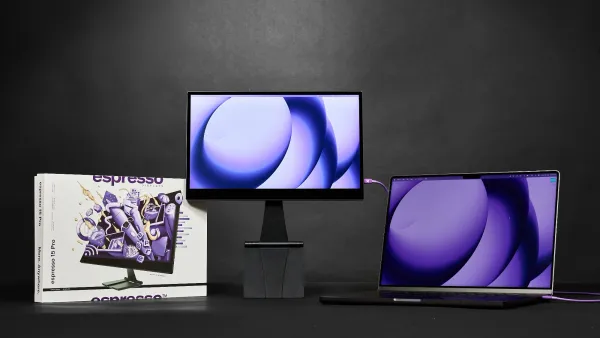Is AI killing off tech innovation?
The biggest selling point for any flagship phone right now is a technology that does not know what is real and what is not. This is a problem.
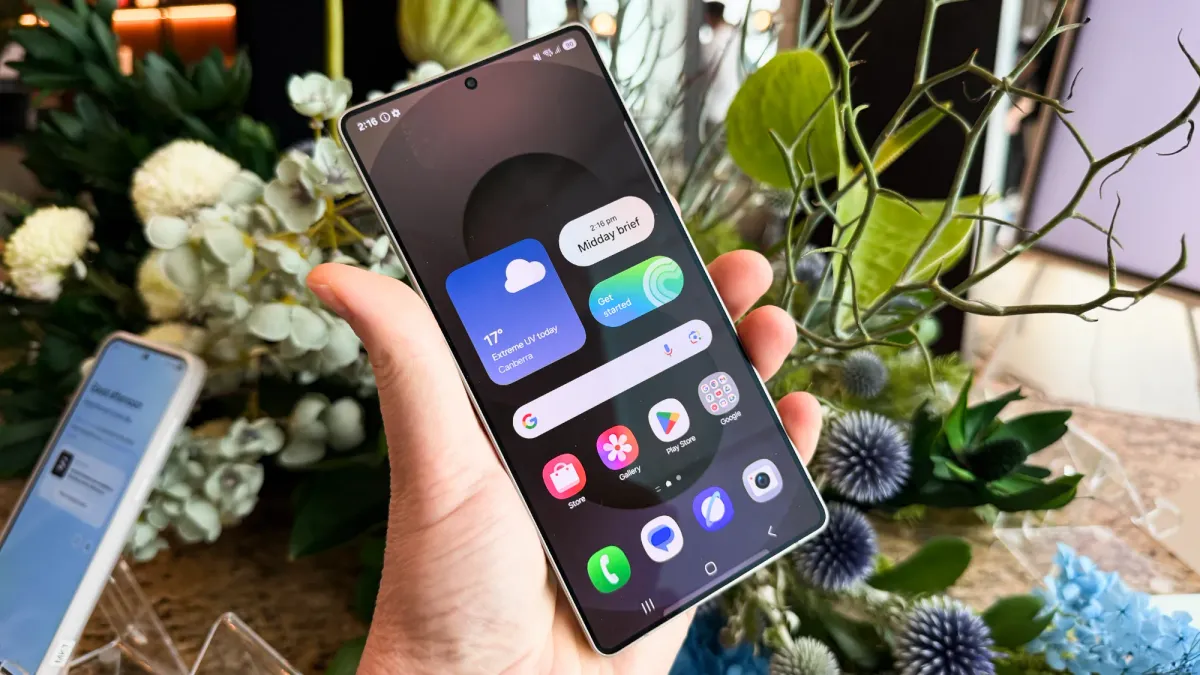
Last week at a pre-briefing session for the new Samsung Galaxy S25 series, Samsung Australia's Head of Product Mobile Experience Nathan Rigger began his presentation by calling out the shift in focus for smartphone innovation.
"If you rewind a little bit and go back two years, three years, four years, this presentation used to look a lot different. We used to talk about how we were changing the camera. Making big steps in enhancing our camera capabilities to help our users shoot in ways, whether that be at night or during the day, whether that be video or still photos.
"We would talk about performance and how we were improving performance on our devices or enhancing display technology, changing the design.
"And that in its own right was strong enough and compelling enough to set new sales records.
"What you'll see from us today, and what you've started to see is how we are moving forward aggressively to solidify our AI leadership in the mobile space, continuing to enhance our core features and propositions and ensure that we are continuing to innovate from a hardware standpoint as well."
As I held the Samsung Galaxy S25 Ultra in my hand soon afterwards, admiring the excellent, yet uninspiring build quality, I found myself contemplating two main thoughts.
First, "why are mobile manufacturers pivoting so hard into AI?" Especially given AI is a deeply flawed technology that offers minimal benefits to everyday consumers.
Second: "Is hardware innovation dead? Is this as good as it gets?"
I don't have answers to those questions, sadly. I have a theory, though.
We're at a point where big tech companies no longer truly innovate. Instead, they have so much money they acquire any startups that actually threaten to challenge the status quo.
The New York Times had an excellent piece on this last year. Rather than allowing for disruptors, these big tech companies co-opt the technology and use it to evolve existing products rather than revolutionise categories.
And so it is that about 18 years since the iPhone revolutionised smartphones, modern day flagships still mostly resemble the device Steve Jobs unveiled at Macworld in 2007. A slab of glass on the front, cameras on the back.
(Okay, I'm simplifying here. Design has evolved slightly – screens are bigger, cameras are better and processors are faster. But the fundamental design hasn't changed significantly).
AI is being used to fill the gap. Because it is still riding a huge wave of hype, it becomes easy for brands to surf the wave.
The problem is that, in reality, AI just doesn't live up to the hype. It's a flawed technology, and while it has some useful features, the snake oil salespeople behind AI are trying to pitch it as a solution to problems that don't exist.
It makes me wonder what could come next? I don't want a device that writes bland generic copy and creates bland, generic images for me. I want a device that is actually for me.
Something that isn't about scrolling through meaningless social media feeds or tracking my browsing habits so I can be re-targeted with ads that make tech giants richer.
I don't know what that is, but I hope someone comes up with it soon. Because AI just isn't cutting it for me.

This week in tech


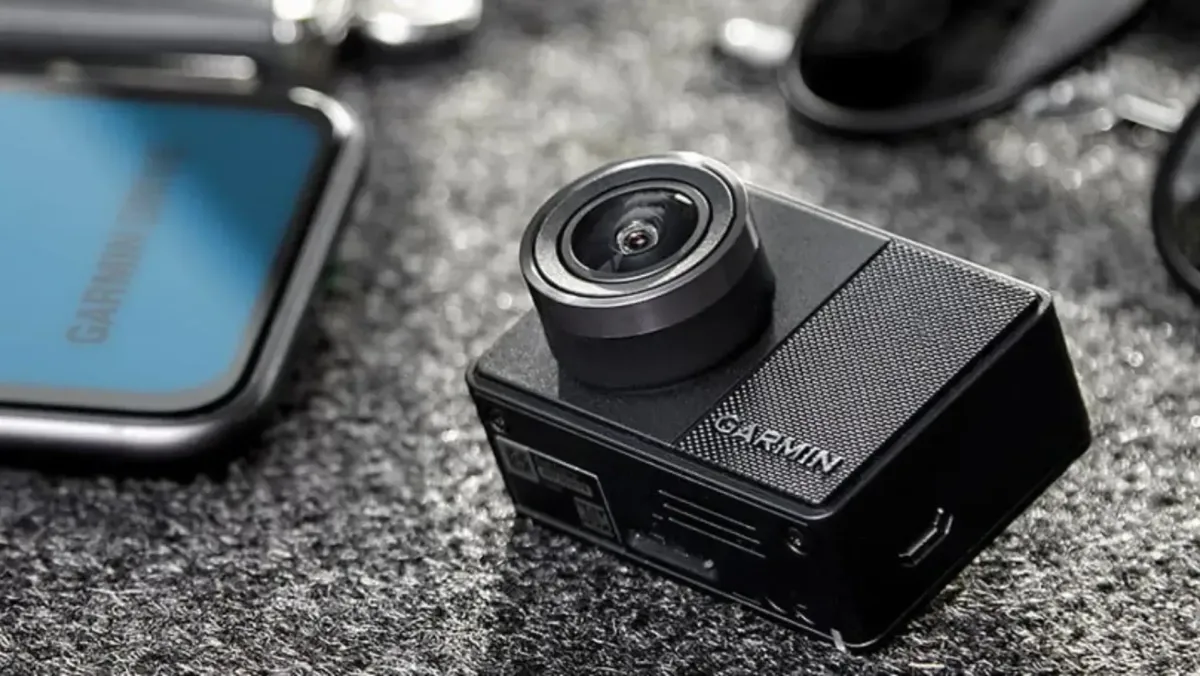

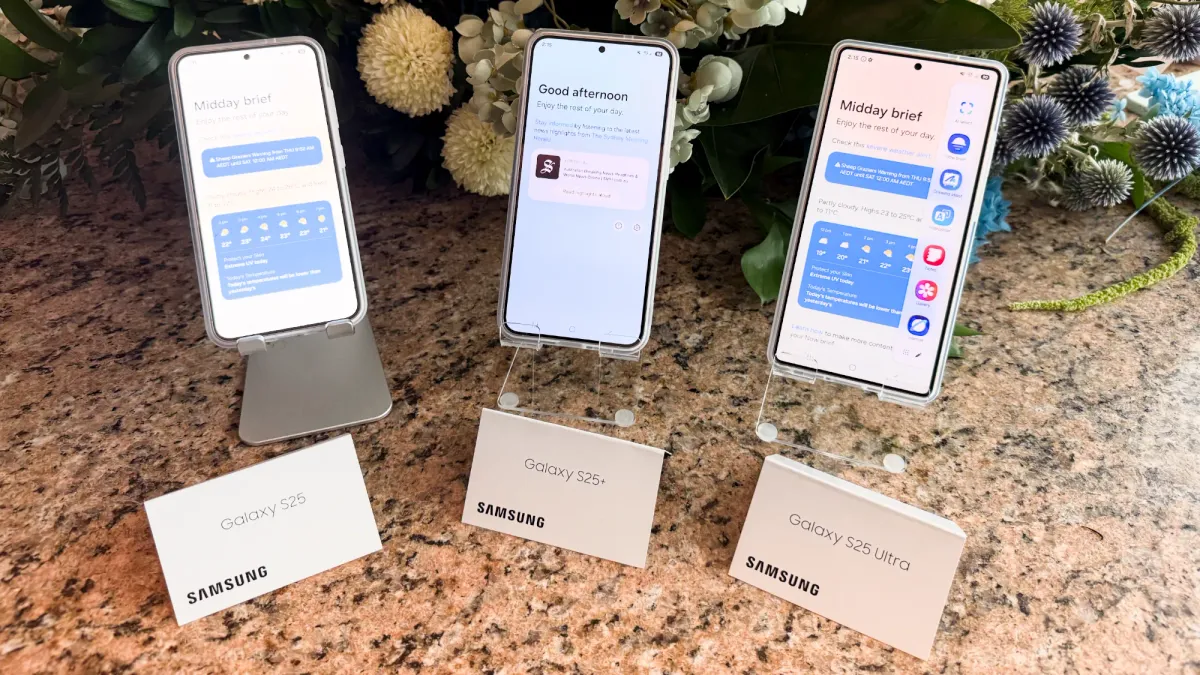
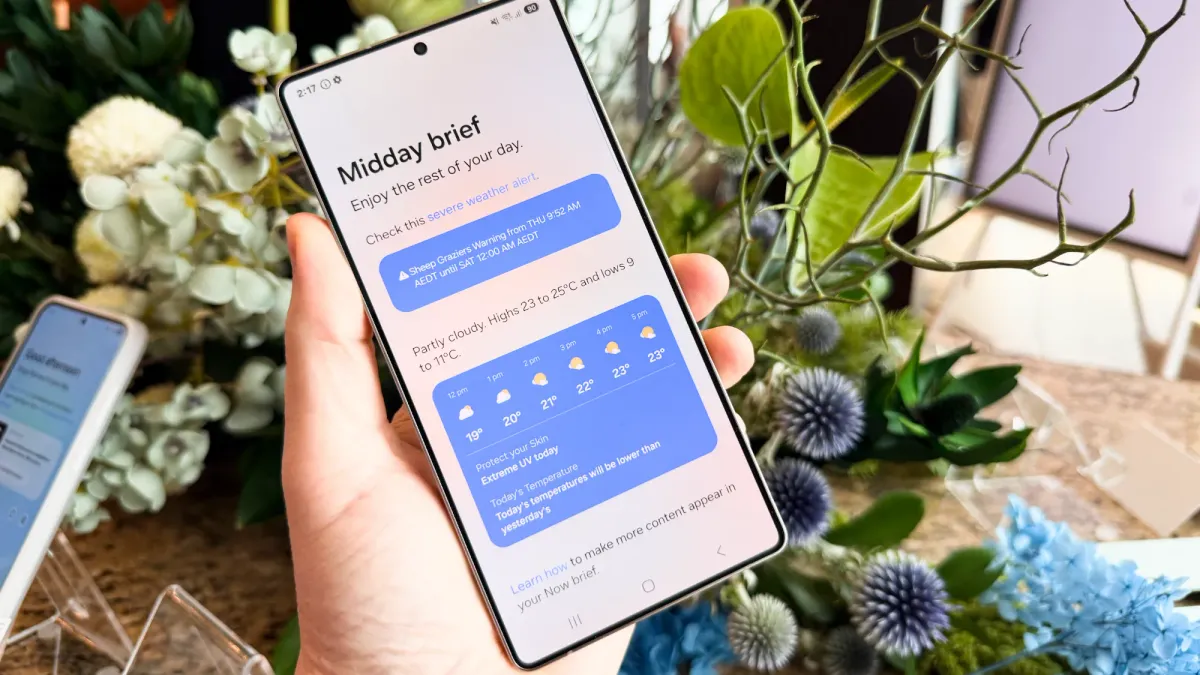
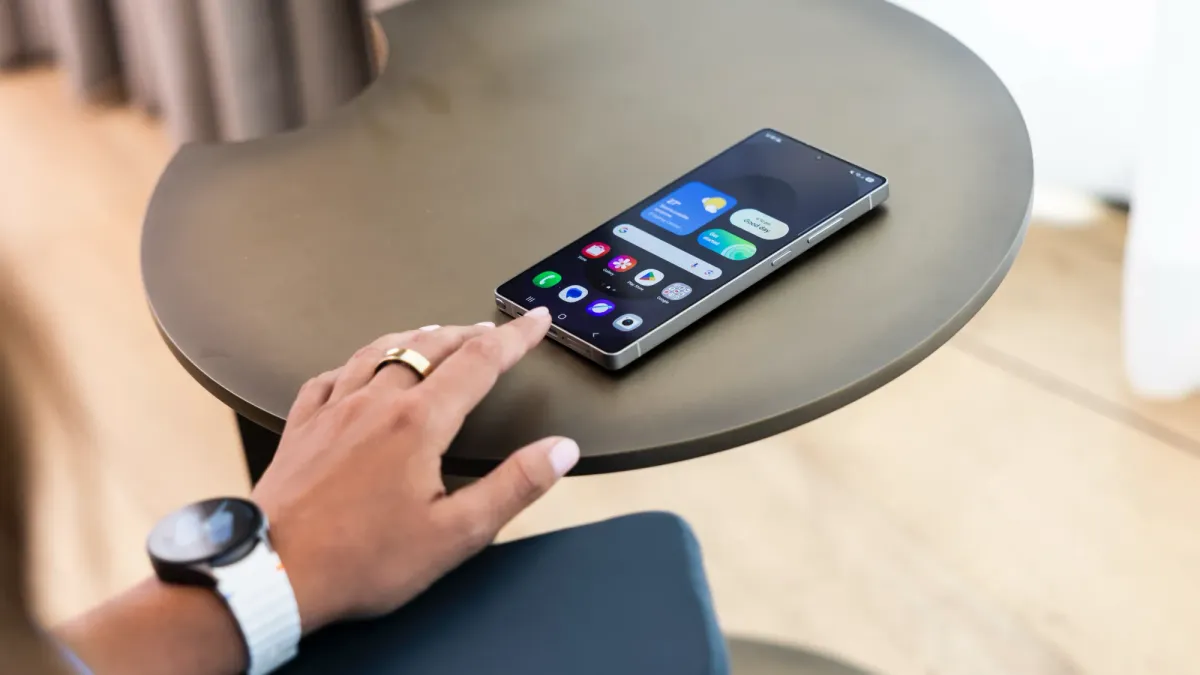
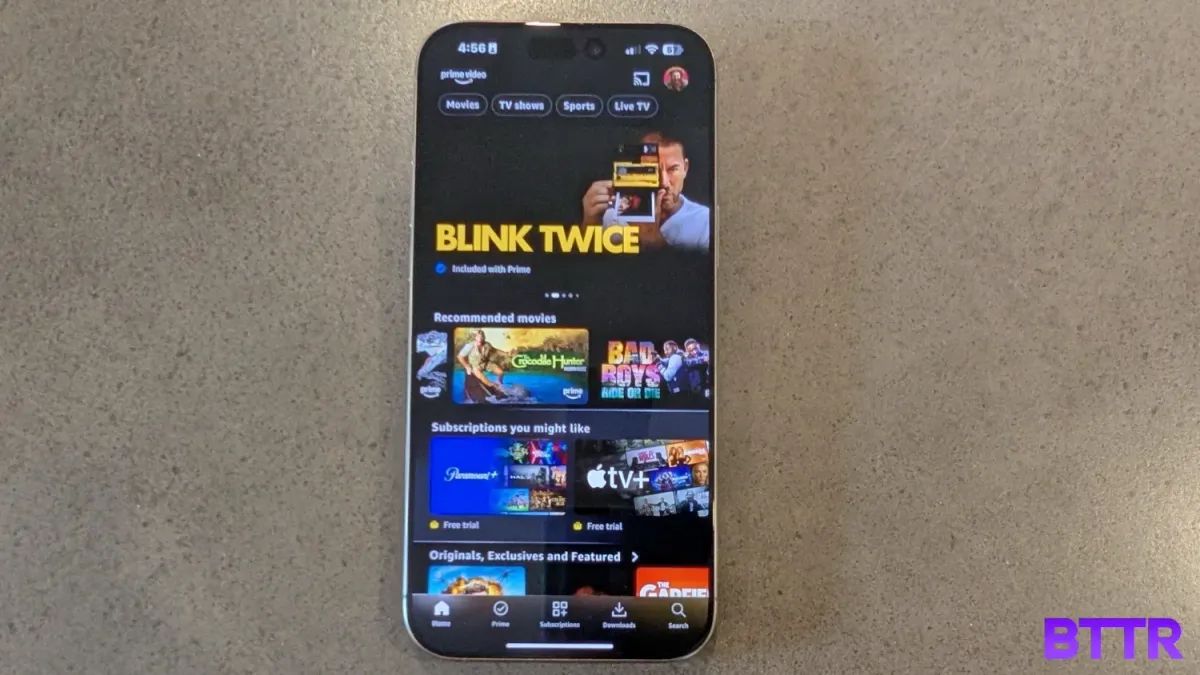
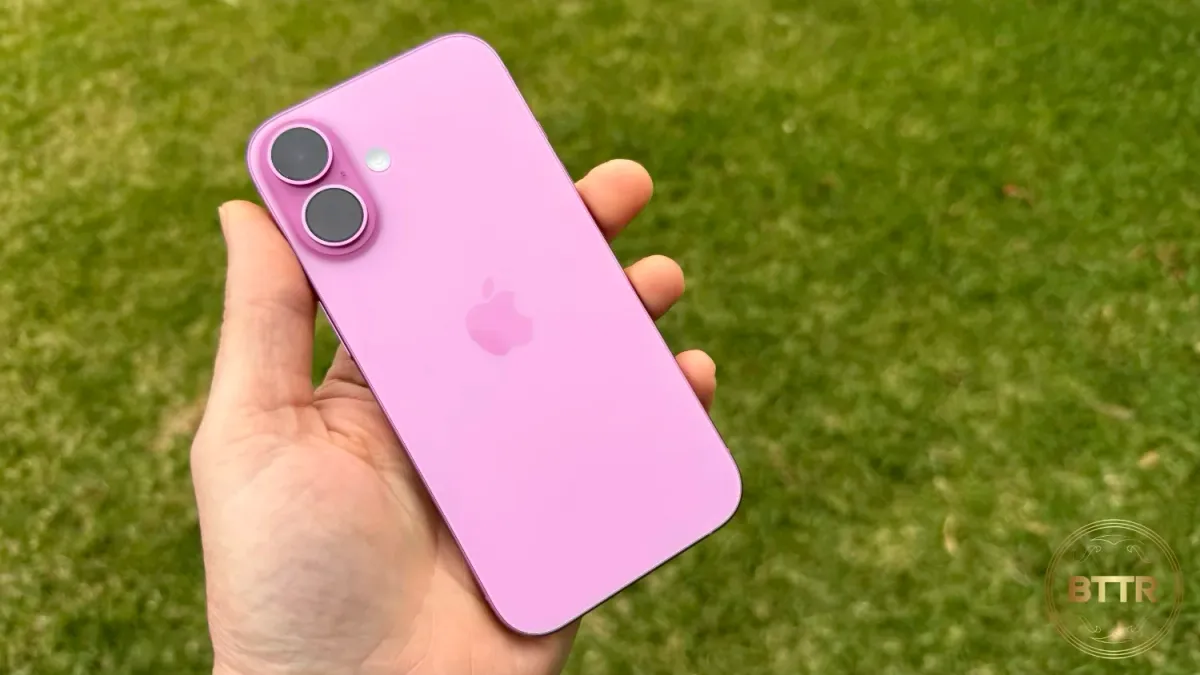
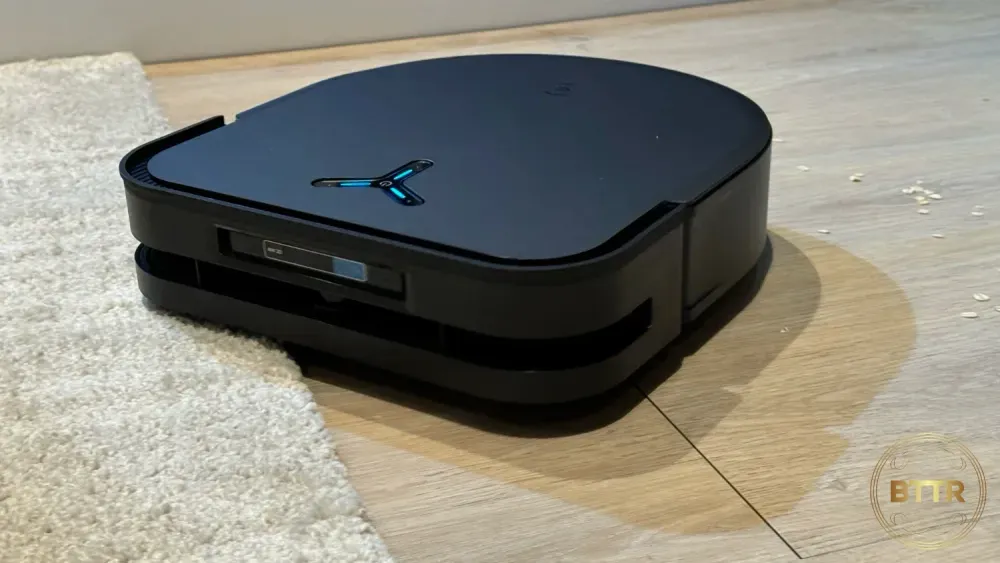
This week's reviews
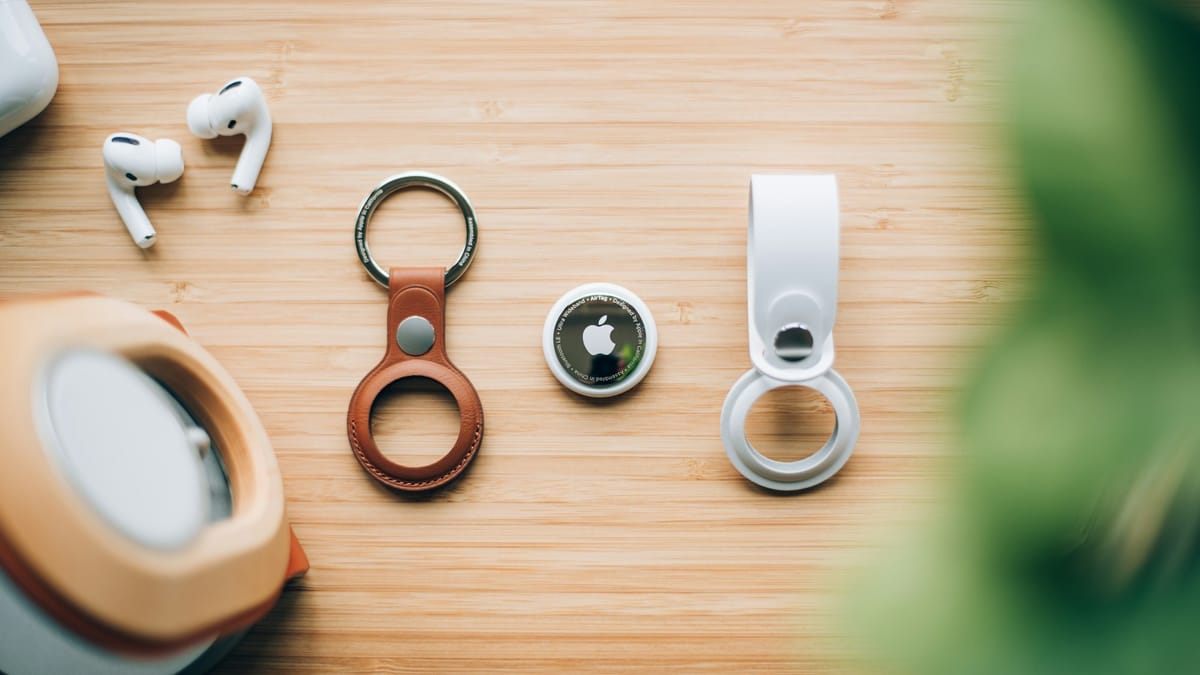
Thanks for reading
That's it for this week's roundup for free BTTR members. BTTR is funded by its members, and if you upgrade to the paid tier (from just $10 a month), you'll get access to the rest of this week's newsletter, which includes:
- A collection of the best tech news of the week (with some commentary from yours truly)
- A preview of next week's product reviews
You'll also get ad-free access to the website, while supporting indie Aussie media.
As always, I'd love to hear your thoughts on this week's newsletter, or even some input on what you'd like to see in next week's roundup.
Until next week
Nick @ BTTR















